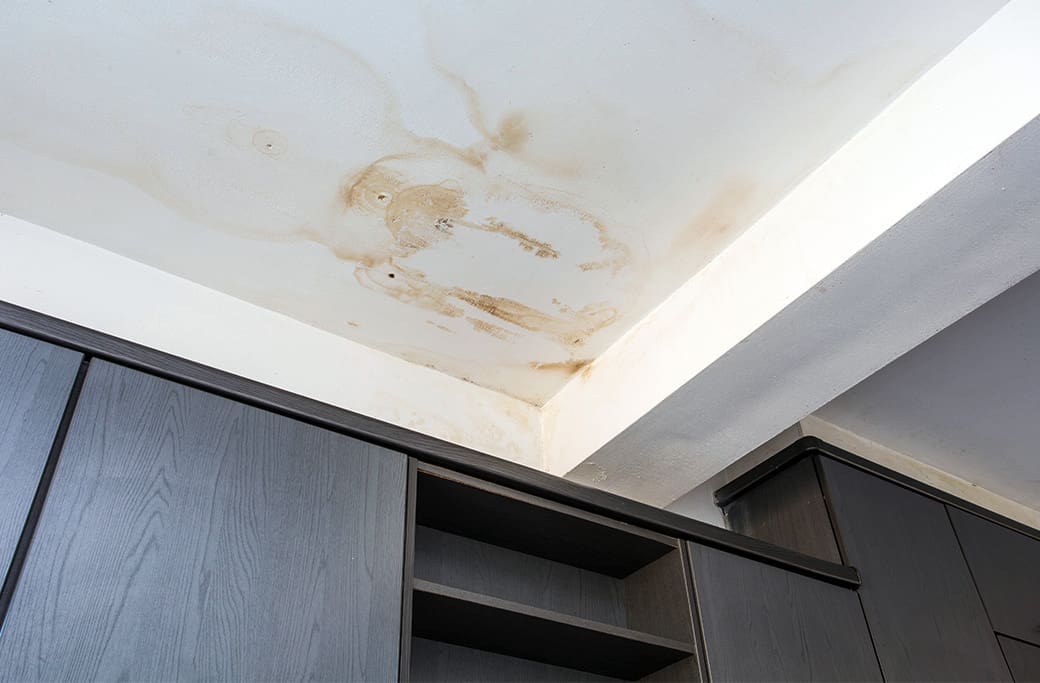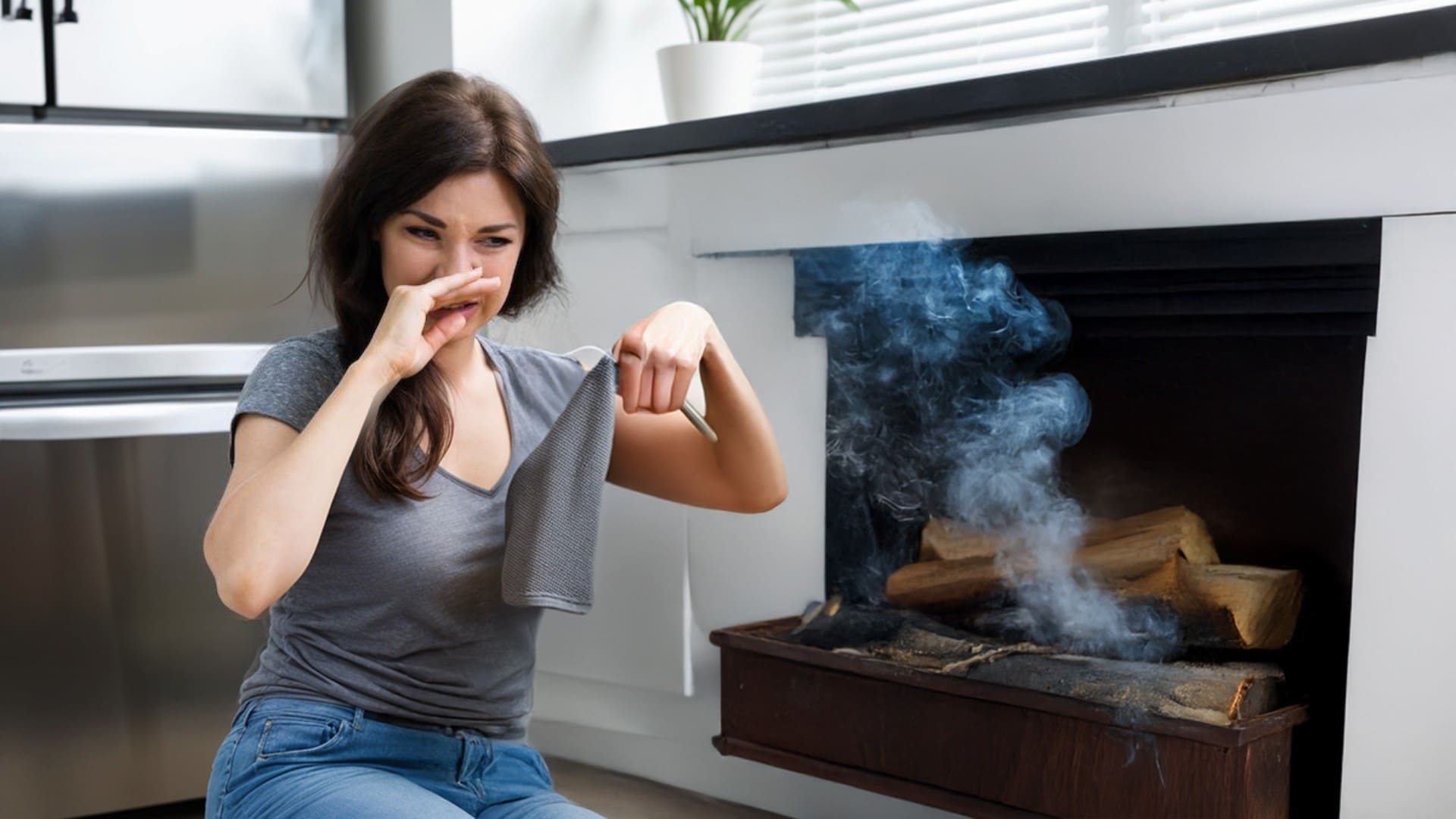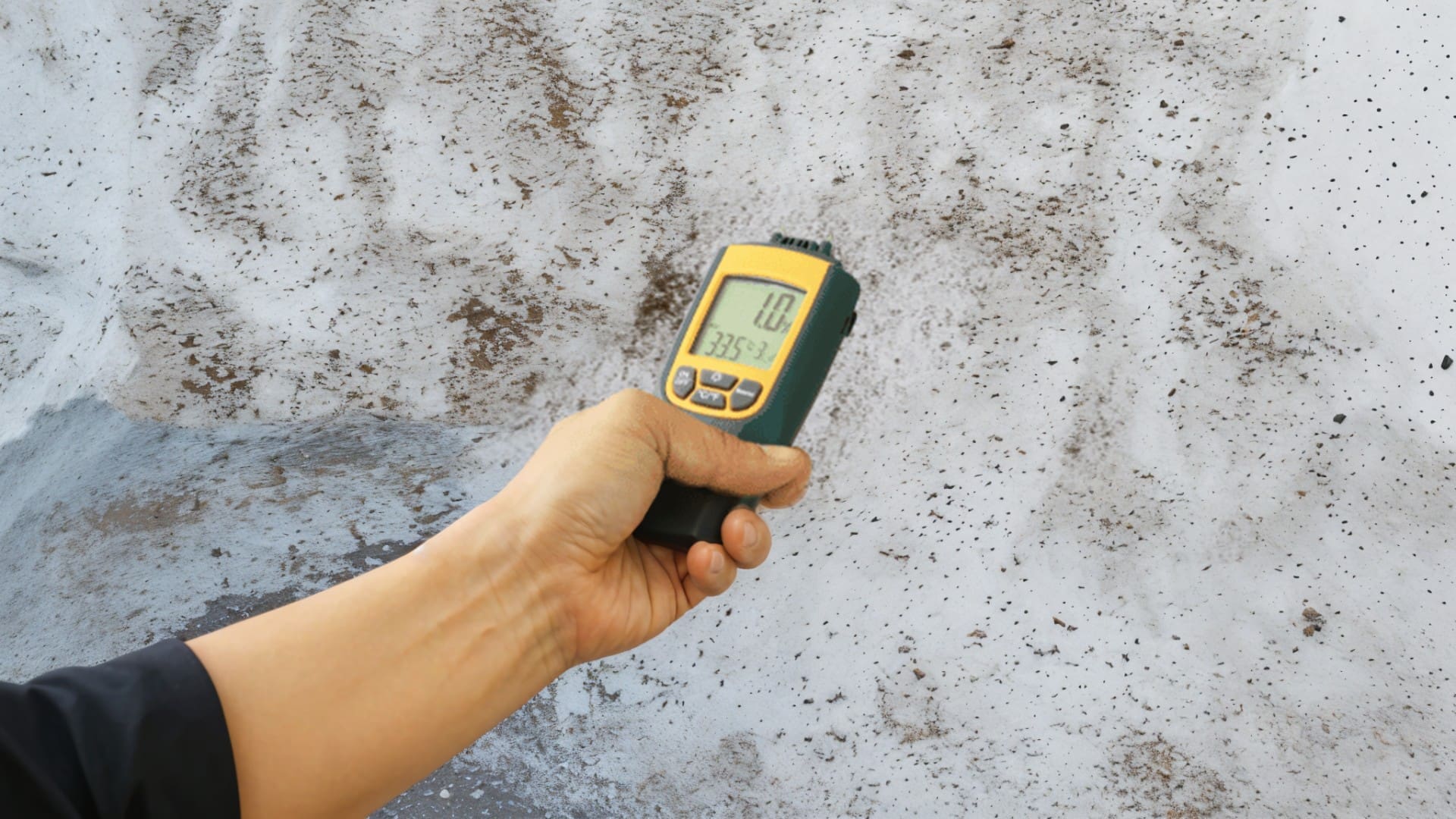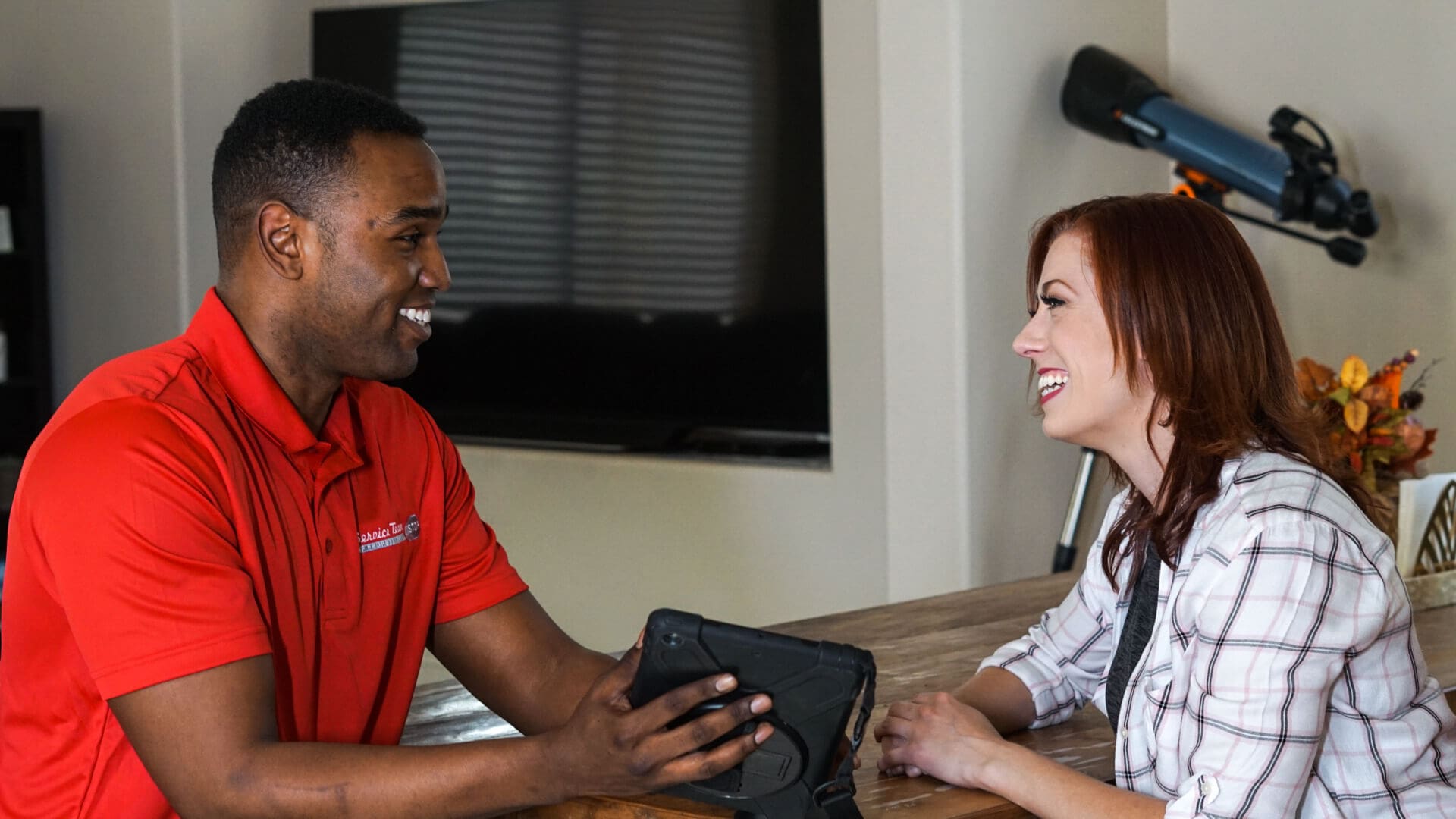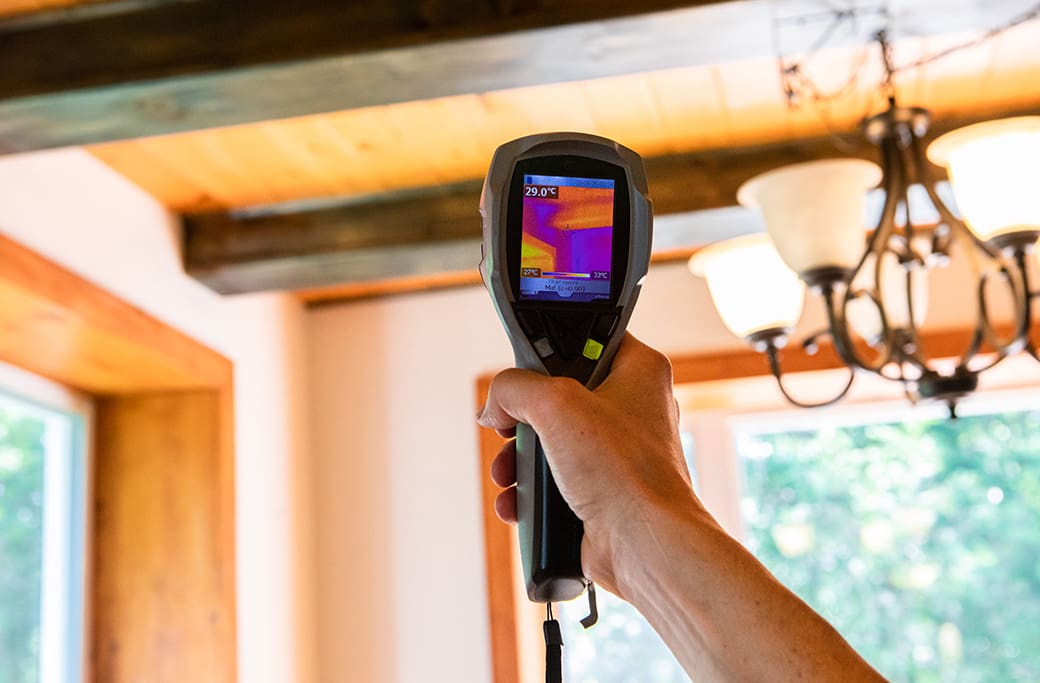
Mold is more than just an unsightly nuisance; it’s a potential health hazard that can impact the wellbeing of your family and the structural integrity of your home. For homeowners in Winston-Salem, understanding mold testing and its importance is crucial for maintaining a safe and healthy living environment. Discover what mold testing involves, recognize the signs that you might need it, and learn how professional restoration experts like STOP Restoration can help keep your home mold-free.
Understanding Mold Testing
What is Mold Testing?
Mold testing is the process of identifying the presence of mold spores in your home. This can involve a variety of methods to collect samples and analyze them for mold growth. The primary goal is to detect mold early and assess the extent of the problem so that appropriate remediation steps can be taken.
Types of Mold Tests
-
- Air Testing: This involves collecting air samples from different areas of your home to measure the concentration of mold spores. This type of test is useful for detecting mold that is not visible to the naked eye.
- Surface Testing: Surface tests involve swabbing or tape-lifting samples from surfaces where mold growth is suspected. This method helps identify the specific type of mold present.
- Bulk Testing: Bulk testing involves taking samples of materials (like drywall or insulation) that are suspected to be contaminated with mold. These samples are then analyzed to identify and quantify mold growth.
Factors Affecting Mold Test Results
Several factors can influence the results of mold testing, including:
-
- Humidity and Temperature: Mold thrives in humid and warm environments, so these conditions can impact the concentration of mold spores.
- Ventilation: Poor ventilation can lead to higher mold spore counts as mold spores can accumulate in stagnant air.
- Sampling Methods: The accuracy of mold testing can vary depending on the method of sampling and the thoroughness of the sample collection process.
Signs Your Home Needs Mold Testing
Common Indicators of Mold Presence
-
- Musty Odors: A persistent musty smell is often a telltale sign of hidden mold.
- Visible Mold Growth: Any visible patches of mold should be a clear indicator that mold testing is needed.
- Health Symptoms: Respiratory issues, allergic reactions, and other symptoms in residents can indicate the presence of mold.
- Water Damage: Past or present water damage increases the likelihood of mold growth.
Importance of Early Detection and Prevention
Early detection of mold can prevent minor issues from becoming major problems. It allows for timely remediation, which can save you from costly repairs and potential health risks.
Mold Testing Process in Winston-Salem Homes
How STOP Restoration Conducts Mold Testing
STOP Restoration uses a systematic approach to mold testing to ensure accurate results and effective remediation. Here’s an overview of the steps involved:
-
- Initial Inspection: A thorough visual inspection of your home to identify potential mold hotspots.
- Thermal Imaging Cameras: STOP Restoration utilizes advanced thermal imaging cameras to detect moisture that may not be visible to the naked eye. These cameras help identify hidden leaks, wet insulation, and other moisture sources that could lead to mold growth. By detecting temperature variations, thermal imaging allows technicians to pinpoint areas that require further investigation and testing.
- Sample Collection: Collection of air, surface, or bulk samples depending on the suspected mold presence.
- Laboratory Analysis: Samples are sent to a certified laboratory for detailed analysis.
- Comprehensive Report: After analysis, STOP Restoration provides a comprehensive report outlining the findings and recommending the necessary steps for remediation.
- Report Generation: A comprehensive report detailing the findings and recommendations for remediation.
Timeline and Cost Considerations
The mold testing process typically takes a few days, including sample analysis. Costs may vary based on the size of your home and the extent of the mold problem, but investing in professional testing ensures peace of mind and accurate results.
DIY vs. Professional Mold Testing
Pros and Cons of Each Approach
DIY Mold Testing:
-
- Pros: Lower cost, convenience.
- Cons: Less accurate, limited scope, no professional analysis.
Professional Mold Testing:
-
- Pros: Higher accuracy, comprehensive analysis, professional recommendations.
- Cons: Higher cost, requires scheduling with a professional.
When to Consider Professional Mold Testing
Professional mold testing is advisable if:
-
- You have persistent health issues.
- There is visible mold growth.
- Your home has experienced water damage.
- DIY tests have shown inconclusive or positive results.
Interpreting Mold Test Results
Understanding Mold Levels
Mold test reports will typically indicate the type and concentration of mold spores. Here’s what you need to know:
-
- Low Levels: Generally not harmful but should be monitored.
- Moderate Levels: May require remediation, especially if occupants are experiencing health symptoms.
- High Levels: Immediate remediation is necessary to ensure safety.
What to Do if Your Test Results are Positive for Mold
If your mold test results come back positive, it’s important to act quickly:
-
- Contact a professional restoration company like STOP Restoration for remediation.
- Follow their recommendations for removing mold and preventing future growth.
- Address underlying issues such as leaks or poor ventilation.
Preventing Future Mold Growth
Tips for Homeowners
-
- Control Humidity: Use dehumidifiers and air conditioners to keep indoor humidity levels below 60%.
- Fix Leaks Promptly: Repair any leaks in roofs, walls, or plumbing to prevent mold-friendly conditions.
- Ensure Proper Ventilation: Use exhaust fans in bathrooms and kitchens to reduce moisture.
- Regular Inspections: Schedule regular mold inspections, especially if you live in a humid environment like Winston-Salem.
Mold Testing for Homes Near Winston-Salem
Mold testing is a critical step for ensuring the health and safety of your home. For Winston-Salem homeowners, understanding the importance of mold testing and knowing when to seek professional help can make all the difference. By taking proactive measures and working with experts like STOP Restoration, you can maintain a mold-free home and protect your investment.
Don’t wait until mold becomes a serious problem. Contact STOP Restoration today to schedule your professional mold testing and ensure a safe living environment for your family.

